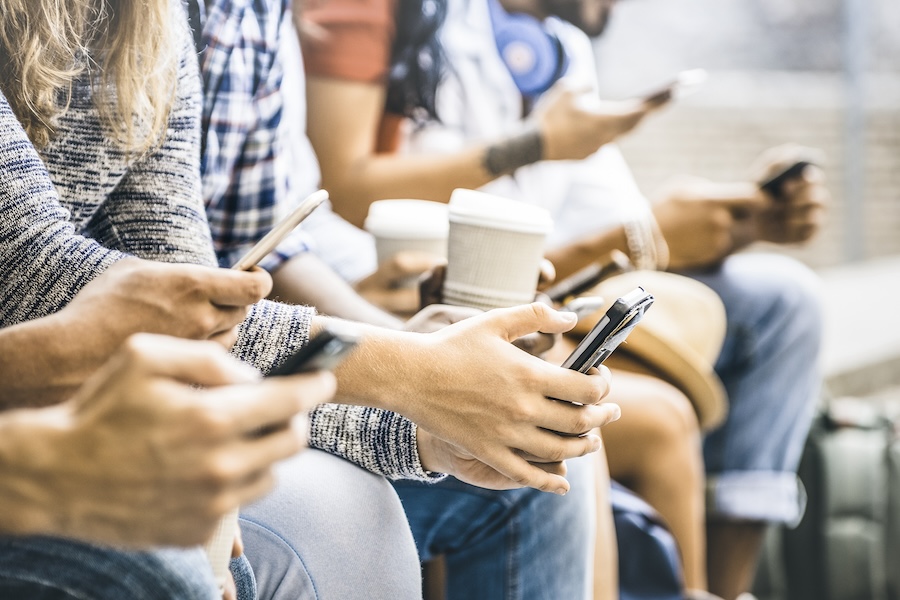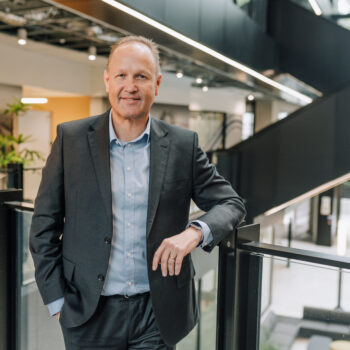Is AI making us happier? Why some Kiwi leaders would trade coffee for Generative AI
For many Kiwi workers, generative AI has started to become part of their everyday work habits. In fact, it’s now as common as a morning coffee, and for some even more essential. According to a 2024 survey from Microsoft, more than a quarter of Kiwi business leaders (26 percent) claim they’d give up their daily coffee if it meant continued access to generative AI.
It’s not hard to see why. In the just-released Microsoft Work Trend Index, 59% of Kiwi business leaders say productivity must increase, but 79 percent of the workforce – both employees and leaders – say they’re lacking enough time or energy to do the work. Microsoft 365 telemetry signals support this, revealing that the number of emails and Teams messages we receive after hours is up 15 percent year-on-year and daily interruptions from emails, chats and meetings can be as frequent as every two minutes.
But for those organisations fully embracing AI, they are starting to see the change. This year’s Work Trend Index introduces the concept of a Frontier Firm – Organisations with high AI maturity, organisation-wide AI deployment, and are pushing the possibilities with AI agents. According to the data, workers in these Frontier Firms across the globe are twice as likely to say they can take on more work – and more likely to have opportunities for more meaningful work. They are also twice as likely to say their company is thriving.
These are good signs of the impact of AI on productivity, but also promising indicators for job fulfilment and wellbeing. In the 2024 report, nearly a third of surveyed employees in Aotearoa say AI has improved their job satisfaction by reintroducing enjoyment and creativity to their roles.
Even at the early stages of adoption, Genesis Energy employees using Microsoft 365 Copilot reported that AI had taken over mundane, repetitive work, giving them back valuable time for more engaging tasks and personal development. Genesis senior manager Isabelle Rousseau often uses Copilot to create agendas for meetings based on lengthy documents, or to condense technical information.
“It sounds like such a simple thing, but when it’s the end of the day and you’re tired, it just makes it so much easier. The content is of such high quality, it’s saved me hours and hours, as well as the stress of knowing how much more I’ve got to do in a day. I now don’t need to work extended hours to fit everything into the day – I can often just do things between meetings,” she says.
Leaders are discovering that by offering employees tools that streamline their day, AI is creating space for them to focus on more creative activities that spark joy in their work and allow more strategic thinking. In the latest Work Trend Index, 44 percent of Kiwi workers treat AI like a thought partner, while 53 percent still use it as a command-based tool.
Approaching AI like a thought partner is where you start to see real value from it. Knowledge workers are so familiar with using technology in a certain way that when we see a search box, we treat it like a search engine. The unlock for AI is when we shift our mindset to interact with it like a digital team member – ask questions, iterate and fundamentally change how we interact with technology.
This shift will allow employees to become ‘agent bosses’ and enable agents to do the work, while being freed to bring what’s uniquely human to their role – human judgement, creativity and strategic thinking.
Organisations like GHD, a global professional services and engineering firm with a presence in Aotearoa, are also seeing AI as an enabler of inclusion and empowerment. For example, everyone can experience the more obvious benefits of AI such as meeting recaps and the ability to ask it further questions following a call. For most, this is simply a helpful time saver – but for a person with a physical disability who has spent their entire career using speech-to-text to transcribe meeting notes from memory, the impact is much more profound.
Baker Tilly Staples Rodway has also had great success using Copilot to help team members new to Aotearoa achieve the right nuance in their communications, helping employees feel more capable, confident, and engaged.
Most strikingly, 22 percent of companies using Copilot have noted a reduction in absenteeism due to increased wellbeing, suggesting a correlation between AI use and healthier, more resilient teams. A recent survey by Southern Cross Health Insurance and Business NZ found that absenteeism is at a record high of 5.5 days per worker, costing employers more than $1 billion a year.
If AI could help reduce these numbers, it would not only be a win for the economy and for the individual workers, but for their colleagues who are often left to fill the gaps of team members who are unexpectedly away.
As we integrate AI into our workplaces, it’s time to reframe the conversation around return on investment. While it’s great to get more done, faster, the real magic is in how AI can reboot our energy and get us focused on the work that is meaningful, and fulfilling. For some of us, it may never replace a fresh cappuccino with cinnamon – but it can elevate how we work and keep us focused and energised.



